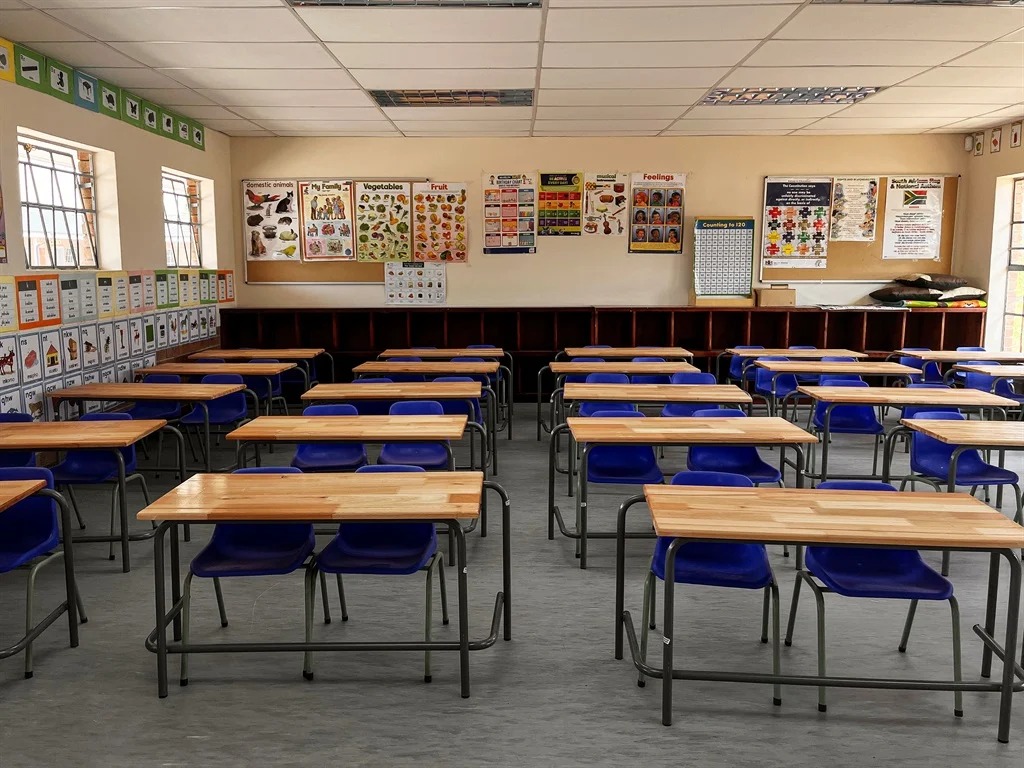Best of Johannesburg
Why South African Teachers Are Quitting and What Might Bring Them Back in 2025

South Africa is facing a teacher crisis in 2025. Half of the country’s public school educators say they’re ready to leave the profession within the next decade. Add to that the fact that nearly 50 percent of teachers are over 50 years old, and retirement looms large.
The result? An education system stretched thin, losing both fresh energy and deep experience. At stake is the future of millions of learners.
The Reasons Teachers Are Leaving
Workload and admin overload
Teachers are drowning in paperwork. Time that should go to lesson planning and connecting with learners is swallowed by endless admin. Many feel they’ve become data clerks rather than educators.
Classroom violence and burnout
Schools are meant to be safe spaces. But rising violence and daily disrespect have made many classrooms emotionally exhausting. Teachers now feel more like wardens than mentors, and it’s taking a toll.
Low pay and better jobs abroad
Despite years of training, many South African teachers earn far less than their peers in other professions. With better pay and working conditions overseas or in the private sector, many simply pack up and leave.
Rural schools are being left behind
In provinces like Limpopo or the Eastern Cape, schools often lack running water, secure buildings, or learning materials. Teachers avoid rural posts due to poor living conditions and limited professional support.
No support, no staying power
New teachers, especially in early childhood development, face long hours with little pay, no mentoring, and no path forward. They’re expected to perform social work, teach, counsel, and maintain discipline, often with no backup at all.
How to Keep Teachers in the Classroom
Cut down on admin
Let teachers teach. Remove pointless reporting and simplify paperwork to focus on learning outcomes.
Provide emotional support
All schools should offer counselling, stress management, and peer networks for teachers. Wellness needs to become part of the job, not an afterthought.
Create strong mentorship
Every first-year teacher should be paired with a trained, experienced mentor. Support in the early months is key to long-term retention.
Make rural placements worth it
Incentives matter. Housing allowances, school fee relief for their children, and transport stipends can help teachers say yes to rural schools.
Fix school infrastructure
Communities can take the lead too. Parents and local volunteers can assist with simple fixes like broken windows, paint jobs, and safe toilets. Shared pride builds trust.
Promote early literacy and practical learning
Peer-to-peer reading programmes, recycling for early learning games, and school gardens are low-cost, high-impact ways to boost engagement and reduce teacher pressure.
Celebrate the profession
From media campaigns to school assemblies, recognising teachers builds morale. Dignity and respect matter just as much as salaries.
The Urgent Bottom Line
When a teacher leaves the classroom, a learner loses their guide. If the exodus continues, South Africa risks not only worsening academic outcomes but also a deeper social disconnect.
We already know the solutions. What’s needed now is action. If communities, policymakers, and parents invest in teachers the way teachers have long invested in our children, there is hope for real change.
Also read: Mental Health Hacks: What Support South African Teachers Really Need in 2025
Follow Joburg ETC on Facebook, Twitter, TikT
For more News in Johannesburg, visit joburgetc.com
Featured Image: News24

















